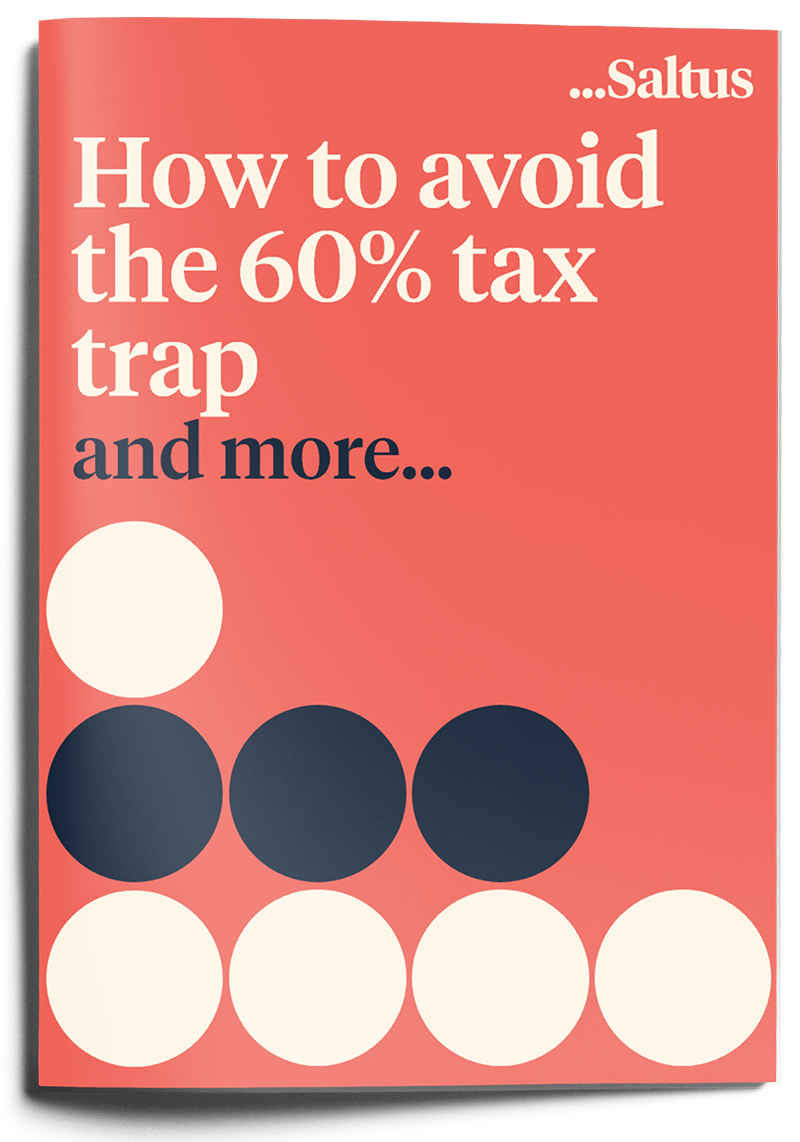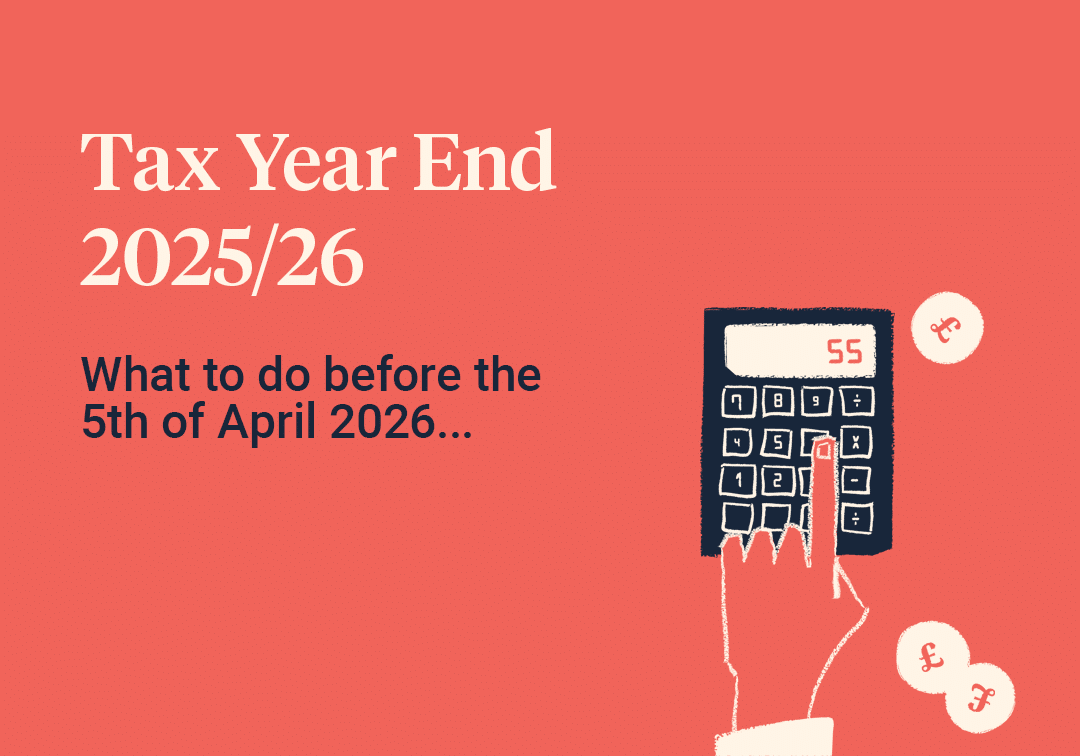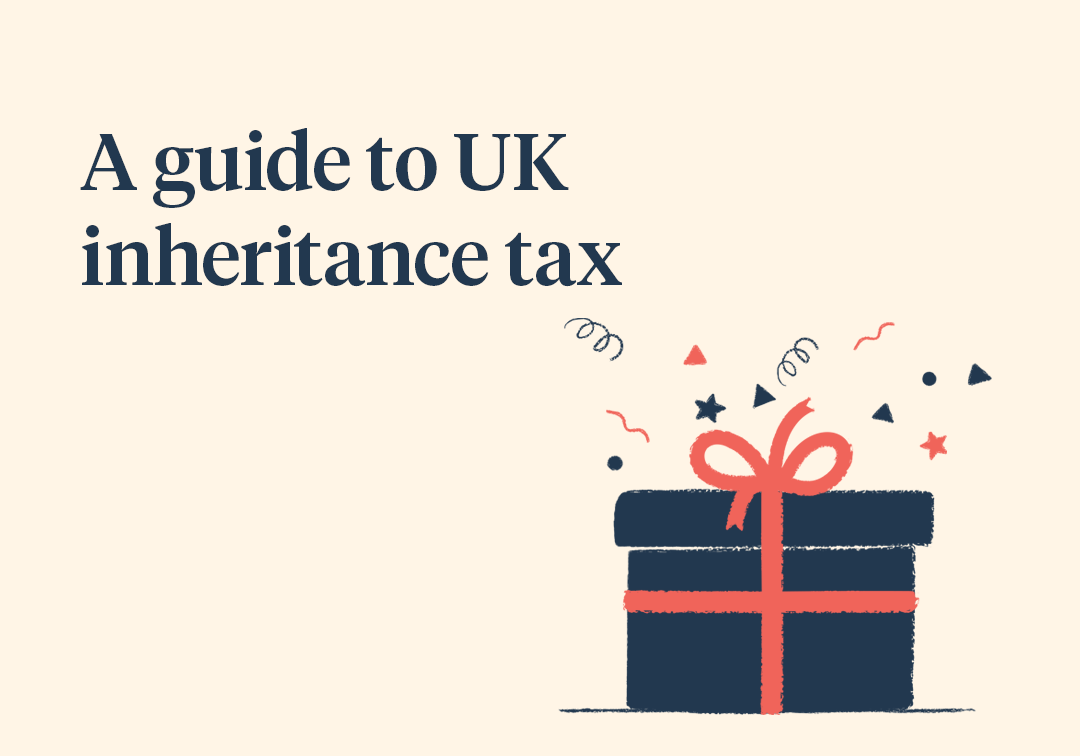The 2025 Autumn Budget will be delivered on 26 November, and speculation is already mounting about what the Chancellor of the Exchequer, Rachel Reeves, will unveil.
A central influence will be the fiscal rules Reeves set out in 2024. She committed to ensuring debt falls as a share of GDP by the end of the Parliament, while also keeping day-to-day government spending under control. [1] The Labour manifesto reinforced this by pledging not to raise taxes on working people, specifically ruling out increases to National Insurance, Income Tax rates or VAT. [2]
Last year’s Budget introduced £40 billion of tax rises, a scale Reeves has since said she does not intend to repeat, but weak growth, rising debt-servicing costs, and new spending commitments, have left the Chancellor with little room to manoeuvre.
Recent figures from the Office for National Statistics (ONS) show government borrowing surged to £20.2 billion in September 2025, the highest September figure in five years and the second highest first half borrowing total since records began.[3] Public sector net debt now sits at 95.3% of GDP, a level not seen in over six decades.[4] Meanwhile, borrowing for the first six months of the financial year reached £99.8 billion, overshooting the Office for Budget responsibility (OBR) forecasts and putting Reeves under renewed pressure to stabilise the public finances.[5]
At the same time, the Chancellor faces political pressure to protect public services, particularly in light of the Spring Spending Review which locked in higher spending on defence and the NHS.[6] These twin forces of rising expenditure and disappointing revenues have intensified calls for new sources of funding, even as Reeves seeks to maintain Labour’s core fiscal pledges.
In this context, the Chancellor has signalled that higher taxes on the wealthy will form part of the Autumn Budget package.[7] Although full details remain under discussion, officials have indicated that reforms to inheritance tax, capital gains tax, property taxation, and pension treatment may all be on the table.
It is important to stress that these points remain speculative. Nothing will be confirmed until 26 November. Making financial decisions based on rumour carries risk; if you are concerned, seek advice from a financial adviser who can help align your choices with your long term goals.





